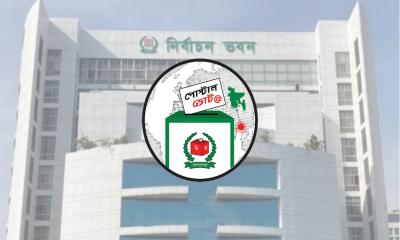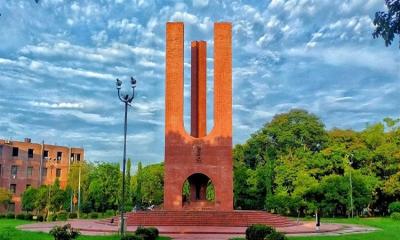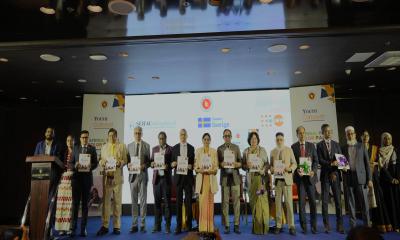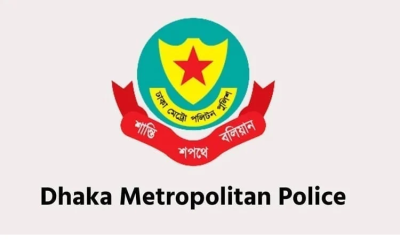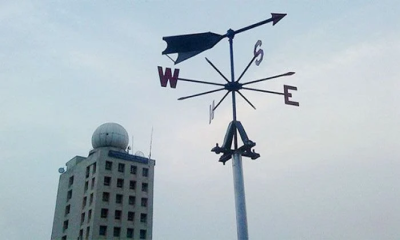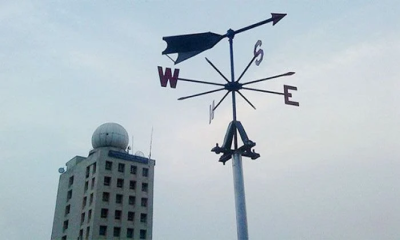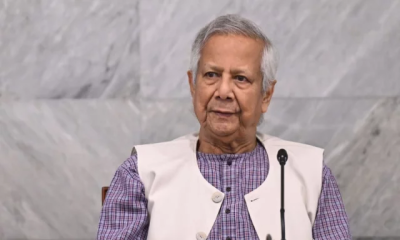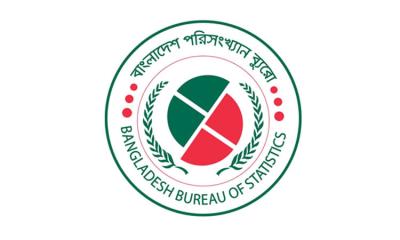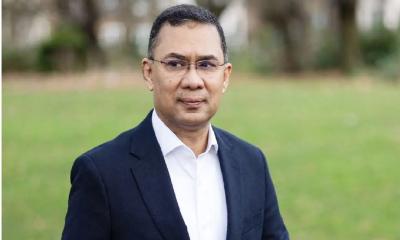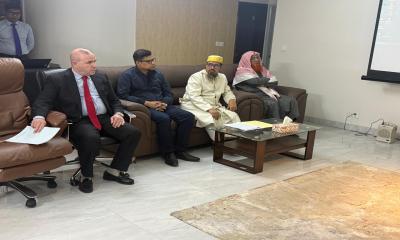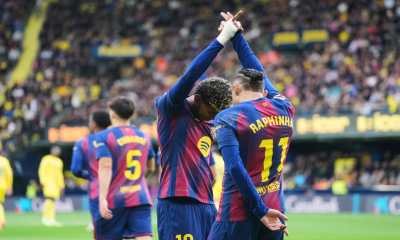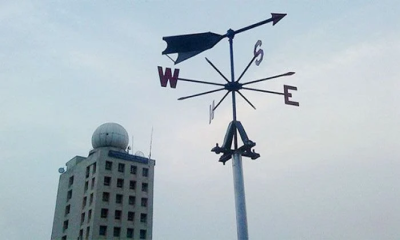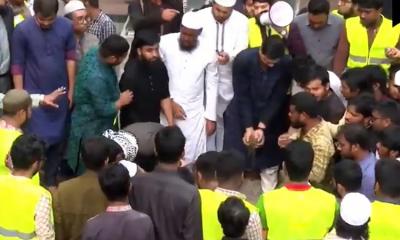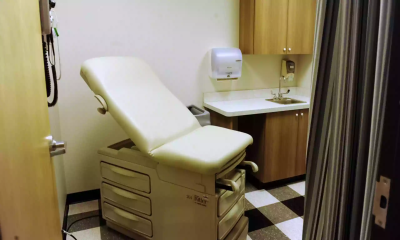A recent dialogue with Bangladesh’s Chief Advisor, Dr. Muhammad Yunus, has raised hopes for better religious unity in the country but also sparked some serious questions.
While the meeting, which brought together religious leaders from different communities, was seen as a step toward peace, some groups feel left out, and there’s concern over why certain individuals are facing arrests.
The event, held on Thursday, included 32 representatives from different faiths, with 26 of them giving speeches.
However, there were no invitations extended to leaders from three well-known organizations: the Bangladesh Hindu-Buddhist-Christian Unity Council, National Puja Celebration Council, and Sanatan Jagaron Mancha.
This exclusion has left many wondering why they were not included in such an important discussion.
Notable Religious Leaders Attend, but Some Miss Out
Among those who attended the dialogue were prominent figures like Mufti Abdul Malek, the Imam of the National Mosque Baitul Mukarram, and other well-known religious scholars.
The gathering also featured key members from the Hefazat-e-Islam group, including its Amir, Sajedur Rahman, and others like Muhiyuddin Rabbani, Ahmad Ali Kasemi, and Junayed Al Habib.
Additionally, several madrasa leaders from across the country were present.
Also attending were leaders from other religious communities, such as Albert Rosario, head priest of St. Mary’s Cathedral in Ramna, and Rev. Veronica D’Costa from St. Francis Xavier School.
Other notable attendees included Professor Sukomal Barua, a senior member of the Bangladesh Buddhist Federation, and representatives from the Garo community.
“Why Was Chinmoy Das Arrested But Shrine-Destroyers Are Free?”
One of the key voices at the meeting was poet and intellectual Farhad Mazhar, who spoke to Deutsche Welle after the event.
Mazhar pointed out that some important groups, like the Sanatan Jagaron Mancha and Hindu Mahajot, were not invited to the meeting, raising questions about the government’s choice of attendees.
“They weren’t present at the meeting, and that’s one thing,” Mazhar said.
“Religious representatives were invited, so maybe political groups weren’t called. I attended because I support a particular cause. This meeting was arranged quickly, and the government might not call it fully representative. They might address that later.”
He also highlighted the issue of arresting Chinmoy Das, a leader of the Sanatan Jagaron Mancha, while those responsible for destroying a religious shrine have not been arrested.
“Why didn’t the authorities arrest those who destroyed the shrine?” Mazhar asked. “If Chinmoy Das was arrested for inciting violence, then is that worse than destroying a shrine?”
Mazhar went on to say that the dialogue’s main focus was to address anti-Bangladesh propaganda, especially from India, and the attendees were chosen for their ability to combat this.
He also acknowledged that there have been incidents of minority persecution in Bangladesh, though he noted that some of these issues are being politicized by other parties.
Calls for Action Against Propaganda and for More Security
After the meeting, Bahuddin Zakaria, Principal of Arjabad Madrasa in Mirpur, stated that the gathering was also about calling for effective measures to stop anti-Bangladesh propaganda.
He mentioned that representatives from all religious groups—Hindus, Buddhists, Christians, and indigenous communities—were present and supported the idea of combating false narratives.
While the attendees didn’t specifically raise concerns about insecurity, they did ask for more protection.
Zakaria added that the Hindu groups that have been controversial might not have been invited, but their temple priests were there to represent their communities.
"We Want to Live Together as Brothers"
Abhinash Mitra, a priest at the Ramna Harichand Temple, shared his thoughts after the meeting, saying, “Religious leaders from different communities came together and listened to each other. The Chief Advisor heard everyone, and we trust that he will act on what we’ve shared. We’re all living well in this country, and there’s no division among us. But who is creating the divisions? It’s certain people spreading harmful propaganda. Hindus, Muslims, Buddhists, and Christians in Bangladesh are united. There’s no division among us. We all want to live with equal rights.”
Mitra added, “We need to find out who’s behind the attacks on our people. But we don’t want foreign countries using this situation to cause trouble. Hindus and Muslims are brothers, and we want to live with equal rights. Anyone who does wrong should be held accountable.”
Government Official Responds: “Religious Leaders Were Invited, Not Organizations”
There has been no official statement from the government yet.
However, an anonymous official from the Chief Advisor’s office explained that the government specifically invited religious leaders, not representatives from organizations.
"The invitees were religious leaders from mosques, temples, and other institutions, not political or organizational leaders," the official stated.
Excluded Groups Speak Out: “We Were Left Out”
The exclusion of certain groups has not gone unnoticed. Dipankar Ghosh, the Organizational Secretary of the Bangladesh Hindu-Buddhist-Christian Unity Council, expressed frustration that his organization wasn’t invited. “None of our representatives were invited,” Ghosh said.
“We represent the Hindu, Buddhist, and Christian communities. This is not a political party; we’ve been working for the rights of minorities for years. We have the correct information about what’s happening, and the government won’t get accurate information by excluding us.”
Ghosh also mentioned that his group had previously submitted a list of incidents of minority persecution to the government, but there had been no action taken so far.
“The Invited Representatives Don’t Represent Us”
Gaurang Das Prabhu, a representative of the Sanatan Jagaron Mancha, also expressed disappointment over being excluded.
“None of the representatives from Sanatan Jagaron Mancha, the Hindu-Buddhist-Christian Unity Council, or the Puja Udjapan Parishad were invited,” he said. “We didn’t feel that this meeting represented us.”
He added, “The people who were invited don’t speak for us. We don’t know them, and we don’t know what they said. How can they provide accurate information? If the meeting is going to be representative, it has to include those who are truly involved in these issues.”
Government`s Broader Effort for National Unity
This dialogue is part of the government’s ongoing efforts to bring the country together. Earlier this week, meetings were held with student groups protesting discrimination, as well as political parties.
On Thursday, the focus shifted to religious leaders in an attempt to foster greater unity in the country.
However, for many, questions remain about how inclusive this process really is.


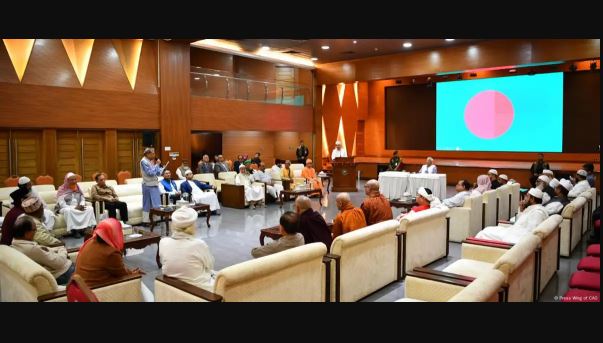

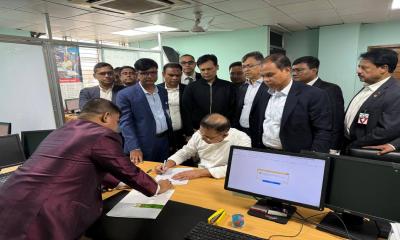

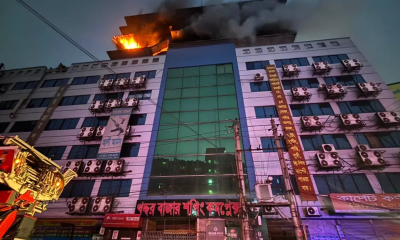
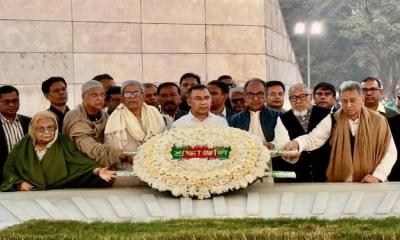

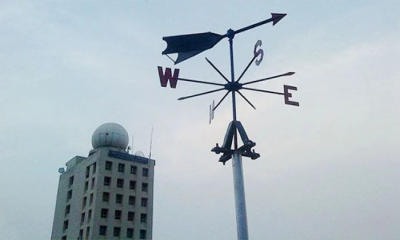
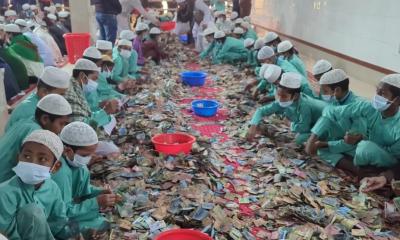
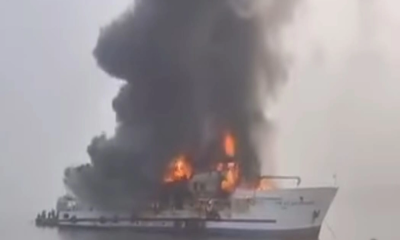
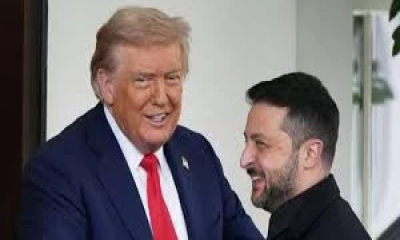
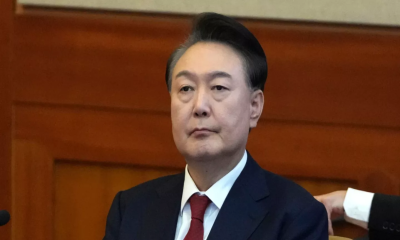
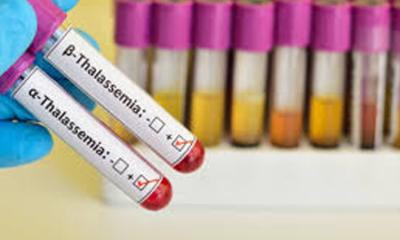
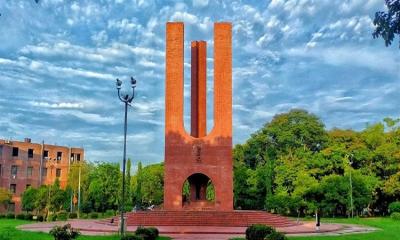
-20251226062607.webp)
-20251226051932.jpeg)
